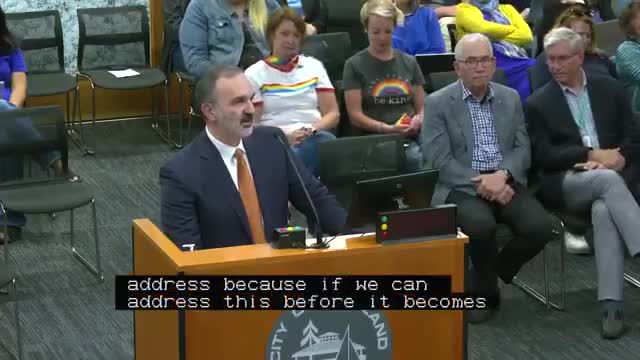Article not found
This article is no longer available. But don't worry—we've gathered other articles that discuss the same topic.
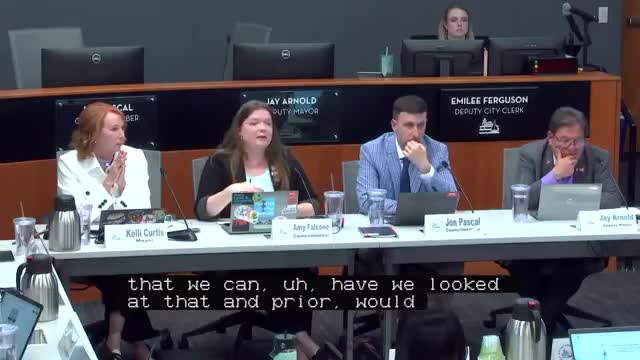
Council and Planning Commission debate middle‑housing code changes, inclusionary options and parking rules required by state law
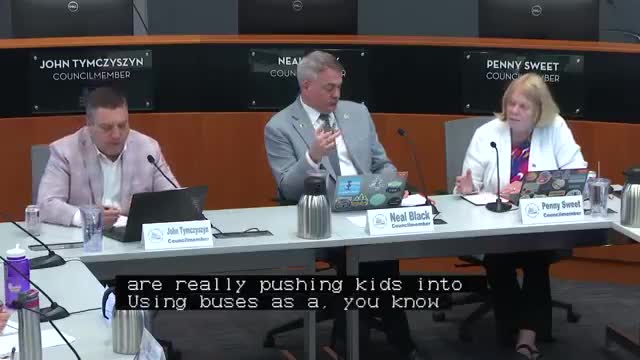
City studies Central Way bike path tied to Peter Kirk Park upgrades; council favors preserving parking, seeks grants
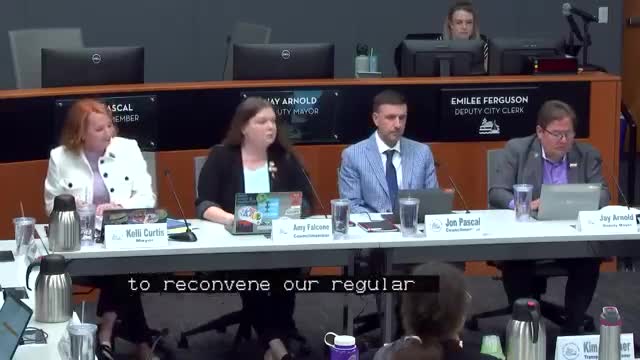
Kirkland council reviews transit needs study scope, seeks approach to boost access and regional advocacy
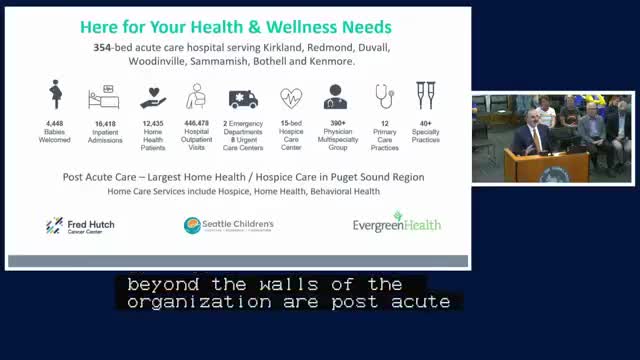
Evergreen Health CEO outlines system strength and financial pressure; highlights community services and partnerships
